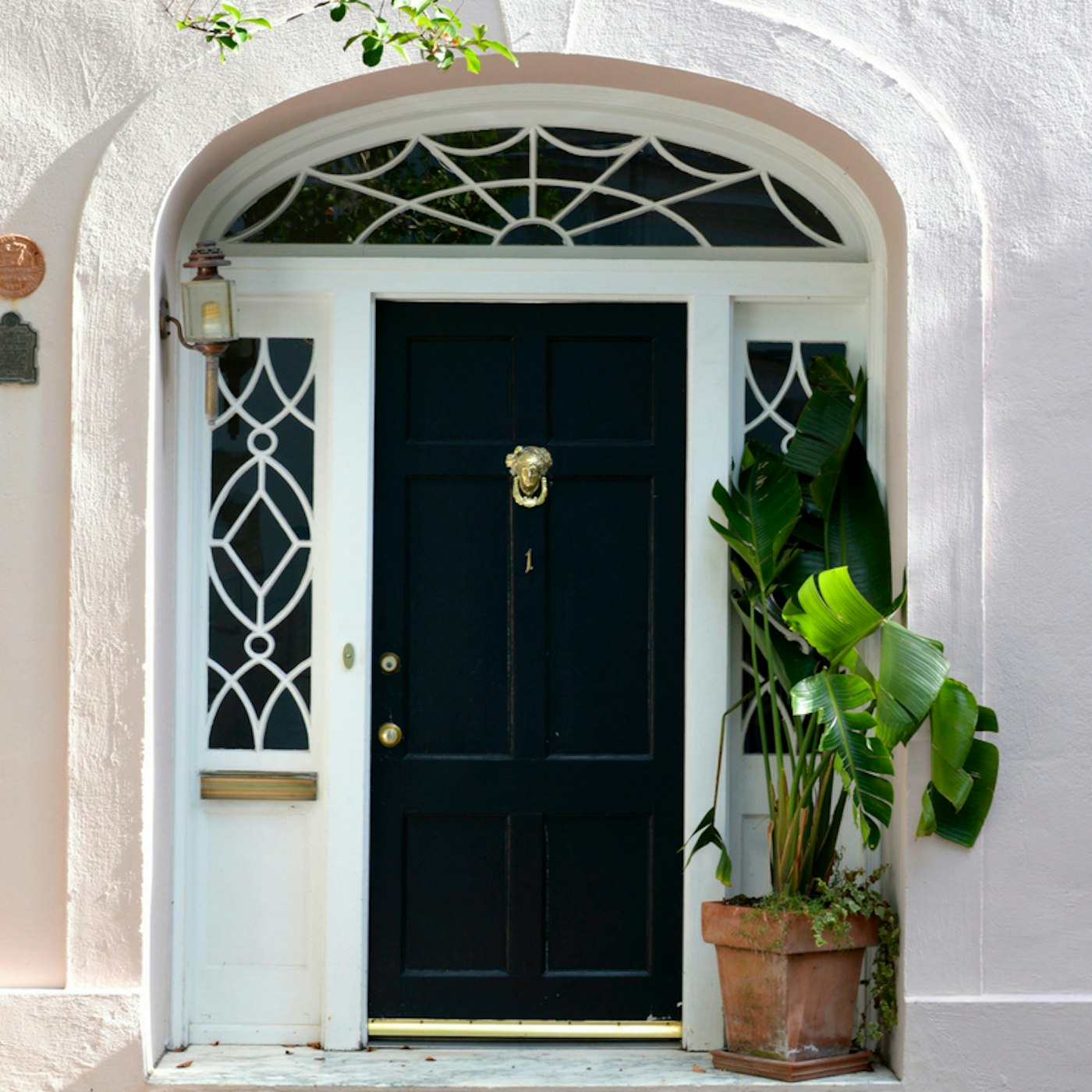Manners: 7 Steps From the Sunnah on How to Be a Guest This Ramadan
by Sisters Magazine in Relationships on 15th May, 2018

Without question, visiting one another is a highly encouraged act in Islam, for it strengthens the bonds between individuals. Like any other matter in Islam, visitation comes with its own set of guidelines, in order for it to serve its intended purpose. Just as husband and wife have rights and obligations towards each other, so do hosts and guests.
1) You’re invited!
Accepting invitations is highly encouraged such that it is one of the rights of a Muslim over another. Provided there is nothing that Islamically prohibits us from accepting an invitation, we should appreciatively thank the host, and make it to the occasion on time. In the case that we are unable to make it due to unforeseen circumstances, let the host know as soon as possible.
2)The Art of Knocking
The companions used to knock on doors with the tips of their fingers. So when knocking, or ringing the bell, do so gently; not too soft that it couldn’t be heard, yet not too loud that it startles people. In Islam, we are allowed three attempts at the most. After the third attempt, if there is still no response, we are obligated to leave, without taking offence. It may be that the occupants of the house are out, busy, or in need of privacy.
The Prophet (SAW) said: “If you sought permission three times, and were not granted permission, then you must leave” (Bukhari and Muslim).
However, it may also be that a sister needs time to put on her hijab before answering the door; or the occupants may have just raised their hands in takbir, commencing their salah. Thus, the timing of each attempt should be spaced out appropriately.
3) No Peeping!
Obviously, it is not befitting for a Muslim to feed her curiosity by peering through someone’s window or doorway. This is a serious violation of privacy that might lead to embarrassment or seeing forbidden sights. Since children are imbued with natural curiosity, parents should train their children from a young age.
Imam Bukhari reports that Umar Ibn al-Khattab (RA) said, “Whoever fills his eyes with the sight of the interior of a house before being permitted is a wrongdoer.”
A house has its own awrah, and just as we should not peer inside, we should also avoid possibilities of it happening. When knocking on the door, stand a little to the left or right. This way, when the door is opened, your gaze will not immediately fall upon the interior of the house in which the occupants might not be properly covered, or not yet ready to receive guests.
4) Bad Timing
“I’m sorry, but this is a bad time.” As Muslims, we should not be insulted at being turned away from a visit, especially if we didn’t inform them that we are coming beforehand. Rather, it would make matters less awkward for the host and more pleasant for both parties if the guest expresses understanding and apologises for the bad timing.
Allah (SWT) said, “If you were asked to go back, go back; that makes for greater purity” (An- Nur: 28).
Related
6 tips to fix broken bonds of Kinship
5) I’m here!
Upon entering your host’s home, announce your presence by saying “Assalamualaikum” loud enough to be heard by the occupants. This is so they are aware that guests are in their home, so they can behave or cover themselves appropriately.
6) What a lovely spread!
Sometimes it takes more than one prompt to urge guests to partake in the lovely spread the host has laboured to prepare, and this can be embarrassing or awkward for the host. Therefore, it is recommended that guests hasten to eat the food at the first invite. Try not to take too much at first, lest you are unable to finish it and possibly cause embarrassment for yourself and your host. However, if you really love the food, try to leave some, to save the host cooking for her family later on.
7) Thank you for having me!
A long visit may inconvenience the host, even if it may not appear to be so. When idle talk starts to set in, it is the time to thank your host and make a graceful exit. In Ramadhan, if you’re invited for Iftar, don’t forget to make dua for your host: “May the fasting break their fast in your home, and may the dutiful and pious eat your food, and may the angels send prayers upon you” (Abu Dawud, Ibn Majah, An Nasa’i). There is wisdom behind the etiquettes of visiting because, in absence of some or all of them, visits might actually become a burden for the host, and uncomfortable and awkward for the guest. It takes both host and guest to observe the proper manners outlined in Islam to make visits pleasurable.
Sisters Magazine
SISTERS Magazine was created to uplift and enlighten fabulous Muslim women, and to inspire them to become the best Muslimah they can be. The SISTERS team is an eclectic group of writers, journalists, artists and readers based all over the world. Find us online at www.sisters-magazine.com and on Facebook, Instagram and Twitter. Copies of SISTERS Magazine can be purchased in our online store.